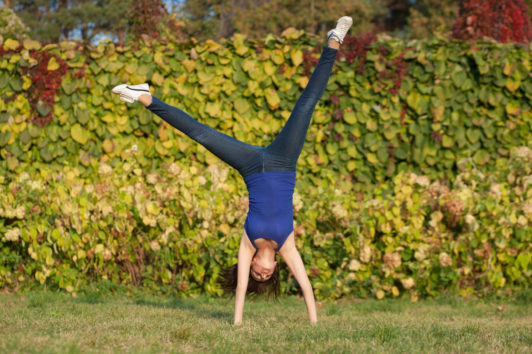Nicola Hobbs
Nicola is an Olympic Weightlifting Yogi with an MSc in Sport Psychology. She specialises in yoga for athletes and using exercise as a tool for healing. Her first book, Yoga Gym: The 28 day plan for strength, flexibility and fat loss, will be out in January 2016
http://NaturallyNicola.com @NicolaJaneHobbs
Article
As a Yoga Teacher, Trainee Sport Psychologist, and English Champion of Olympic Weightlifting, I know how yoga can help athletes to maximise their physical and psychological potential and improve their performance. I use yoga regularly as part of my own training and teach Performance Yoga to a variety of athletes...
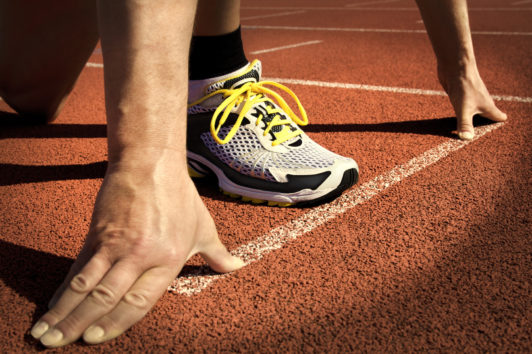
Article
For athletes: How to create your own Performance Bubble... Pre-performance routines are the most effective means for you to control arousal levels, achieve flow, and reduce the likelihood of choking. If you find it difficult to cope with situational variables at competitions, a pre-performance routine will enable you to keep...
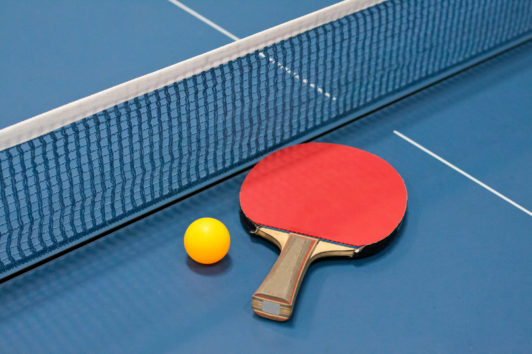
Article
The London Olympics of 2012 showcased a buffet of sporting heroes, but the Games also proved a ‘choking’ minefield for many athletes. Erratic shooting and overambitious passes in the Women’s Basketball resulted in the headline, ‘Team GB choke in final quarter’18. The Australian Men’s 4x100m relay team was accused of...
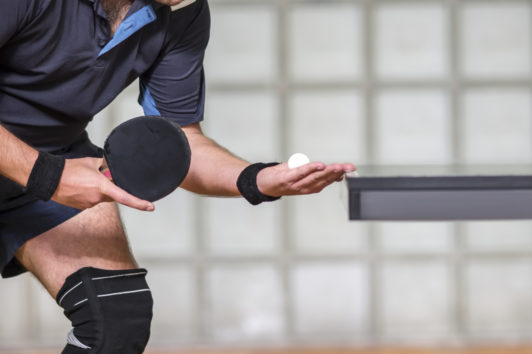
Article
Various intervention techniques may reduce choking. Implicit learning strategies, such as analogy learning, have been found effective in table tennis44. This intervention provides support for EMT by showing that reductions in the amount of explicit movement knowledge acquired decreases performance failure under pressure. However, Syed was already an expert when the...
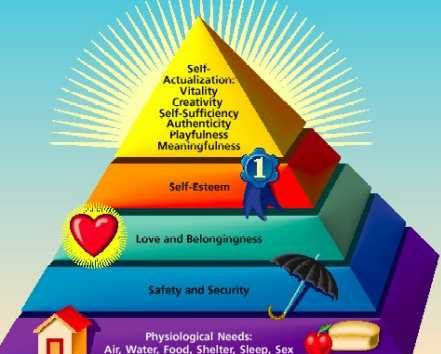
Article
I am a great fan of humanism (i.e. belief in humanity) and one thing that has cropped up in my Psychologist training is Maslow’s Hierarchy of Needs. Broken down into five levels, ranging from our physiological needs to self-actualisation, it explains what motivates and fulfils us throughout our lives. ‘I need’ needs: These are the things we...

Article
Positive Psychology hit the headlines last year with announcement of the launch of ‘happy schools’. At these schools, happiness will be placed at the heart of the curriculum in order to developoptimism and ambition. These happy schools are not based on airy-fairy wishful thinking, but on the empirically researched psychological...

Article
“You never fail until you stop trying”. This is famous quote by Albert Einstein. It is used for motivation, for recovery from setbacks and, until recently, I loved the ‘never stop trying’ message it spreads. But what if trying actually leads to failure? What if we reworded the quote… “You’ll...

Article
An estimated 1.6 million people suffer from an eating disorder in the UK– 6.4% of the adult population, and the prevalence is even higher amongst athletes. Key Features of Anorexia Nervosa: Symptoms, Causes and Treatment Eating disorders are popular topics in the media and are frequently the focus of television...

Article
“Why am I not reaching my training goals?”. “How did I achieve that world-class performance?”. “Could I be overtraining and need to back off?”. Few athletes pay as much attention to their mental training, as they do their physical training. A clearly defined athletic goal set at the start of...

Article
The London Olympics of 2012 showcased a buffet of sporting heroes, but the Games also proved a ‘choking’ minefield for many athletes. Erratic shooting and overambitious passes in the Women’s Basketball resulted in the headline, ‘Team GB choke in final quarter’18. The Australian Men’s 4x100m relay team was accused of...



